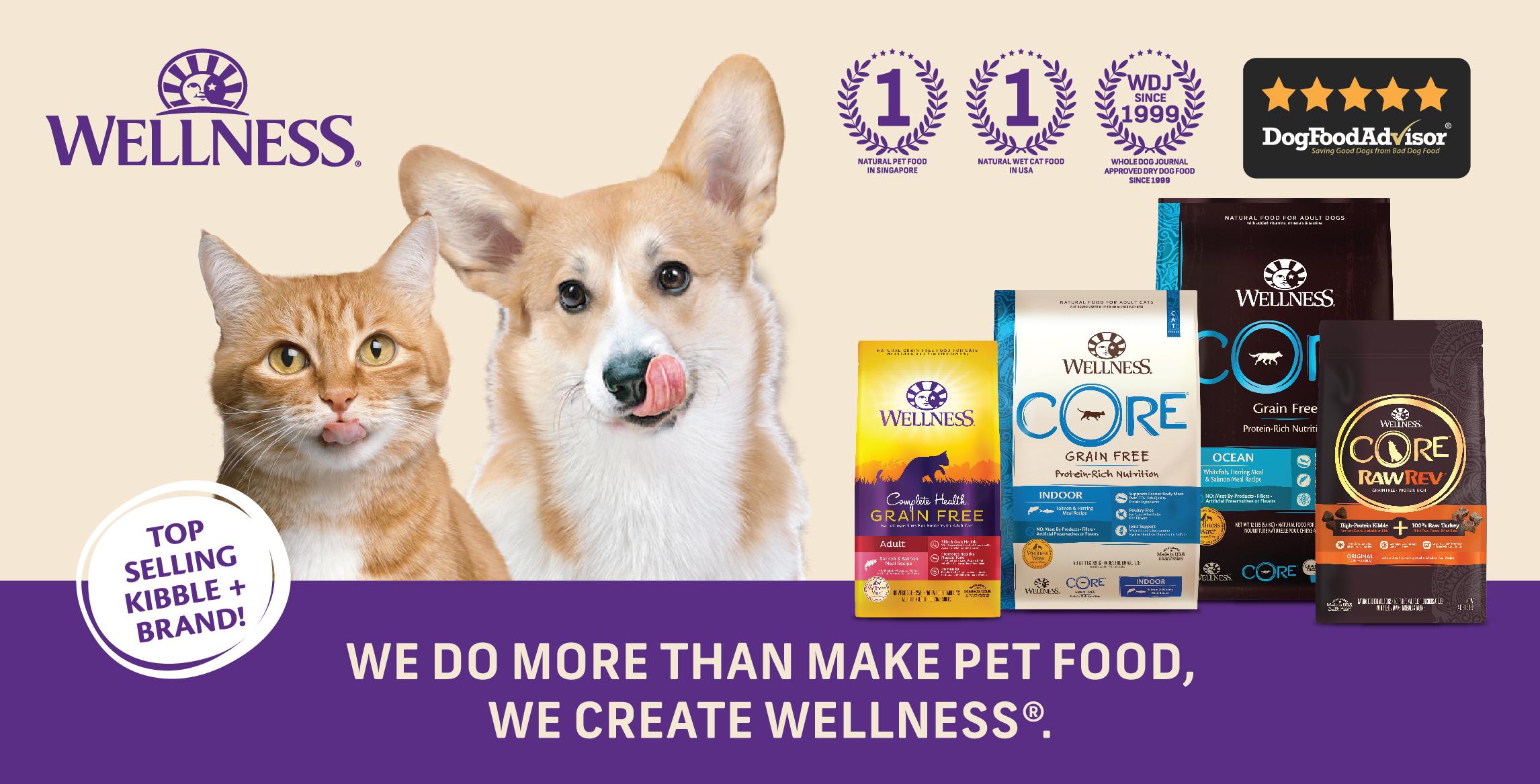7 Tips for Helping Your Dog Lose Weight

Keep your pup healthy by helping him maintain a healthy weight
Dogs – like people – can have a harder time getting around and doing things dogs do if they are overweight. Studies show that more than half of the dogs in the United States are overweight and at risk of developing debilitating health problems. Since January is Weight Loss Awareness month, maybe it’s time to start your dog on a weight loss regimen if they are starting to look a little pudgy or move a little slower. Dogs who maintain a healthy weight live longer, so keep your pup around as long as possible by helping him maintain a healthy weight.
Is your dog overweight?
If you can’t easily feel your pup’s ribs or shoulder blades, he might be overweight. If you can’t see your dog’s waist or there’s a roll of fat at the base of your dog’s tail, it’s time to shed some pounds. As always, consult your vet if you have any questions about your puppy’s health.
Helping your dog lose weight
How can your help your favorite tail-wagging friend drop some pounds? The answers are surprisingly simple.
Try the below 7 tips to help keep your puppy trim.
1. Calculate how many calories your pup needs
2. Regularly weigh your dog
4. Switch up the treats
5. Give your pup daily exercise
6. Provide your pet with the right supplements
7. Give your dog less carbs and more protein
Keep reading to see how those 7 tips can help your dog shed some pounds and live a long, healthy life.
1. Calculate how many calories your pup needs. To help your dog lose weight, you need to make sure he’s burning more calories than he’s eating or simply, the calories in need to be less than calories out. If you don’t know how many calories your pup needs, then you won’t know how much to feed him. You can ask your vet for advice on how many calories to feed your dog. You can also calculate your pup’s calories needs with this simple formula: divide your pet’s weight by 2.2 and multiply times 30. Add 70 to that number, and you should have a good starting point on how much to feed your dog. Once you know how many calories to feed your dog, determine how much food your dog needs, and make sure you’re measuring his meals.
2. Regularly weigh your dog. Keep tabs on your dog’s weight loss by weighing him regularly. A small dog can be weighed on a baby scale, or take your large pup to the vet’s office every couple of weeks to use the walk-on scale.
4. Switch up the treats. Dogs love their treats, but too many unhealthy treats can make the scale tip in the wrong direction. Treat your dogs to healthy treats from Wellness Pet Food, or give him veggies such as baby carrots, celery, broccoli and green beans. You can also offer your pup bananas or ice cubes.
5. Give your pup daily exercise. Make sure your dog has a long and healthy life by providing adequate exercise. Just a 20-30 minute walk is enough to boost your dog’s immune system and improve cardiovascular health.
6. Provide your pet with the right supplements. Supplements such as daily omega-3 fatty acid and l-carnitine can aid pet’s weight loss efforts and help prevent disease. Talk to your vet to find the right supplements for your furry four-legged friend.
7. Give your dog less carbs and more protein. Dogs thrive on a high protein diet, and most pups don’t need to eat carbs. Look at food labels and talk to your vet. Sometimes just switching your pet’s diet to include more protein and less carbohydrates will help him lose weight.
It’s the responsibility of every dog parent to ensure that their puppy stays at a healthy weight. Provide your dog with the right amount food, take him for daily walks, and treat him to lots of love to help him live a long, healthy and happy live.
Provide your pup with the right nutrition when you treat him to Wellness Pet Food. We have a complete line of dry food, wet food, treats and mixers – including Complete Health Healthy Weight – to make sure that you’re dog is getting what he needs. When you give your pups and felines Wellness Pet Food combines natural, premium proteins and wholesome whole grains to deliver a balanced diet full of the nutrients your dog need for a lifetime wellbeing.





